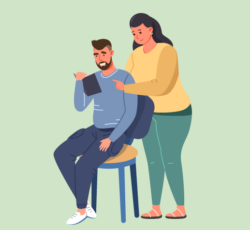Autistic Adults
We all grieve differently. There are many ways that people react, and your feelings after a death or non-death loss may be difficult to identify. Your reactions may be different from those around you.
The information in this website portal may help you, as an autistic adult, cope with and communicate your grief and loss. Choose from written material, videos, and social stories.
Remember to be kind to yourself as you grieve.
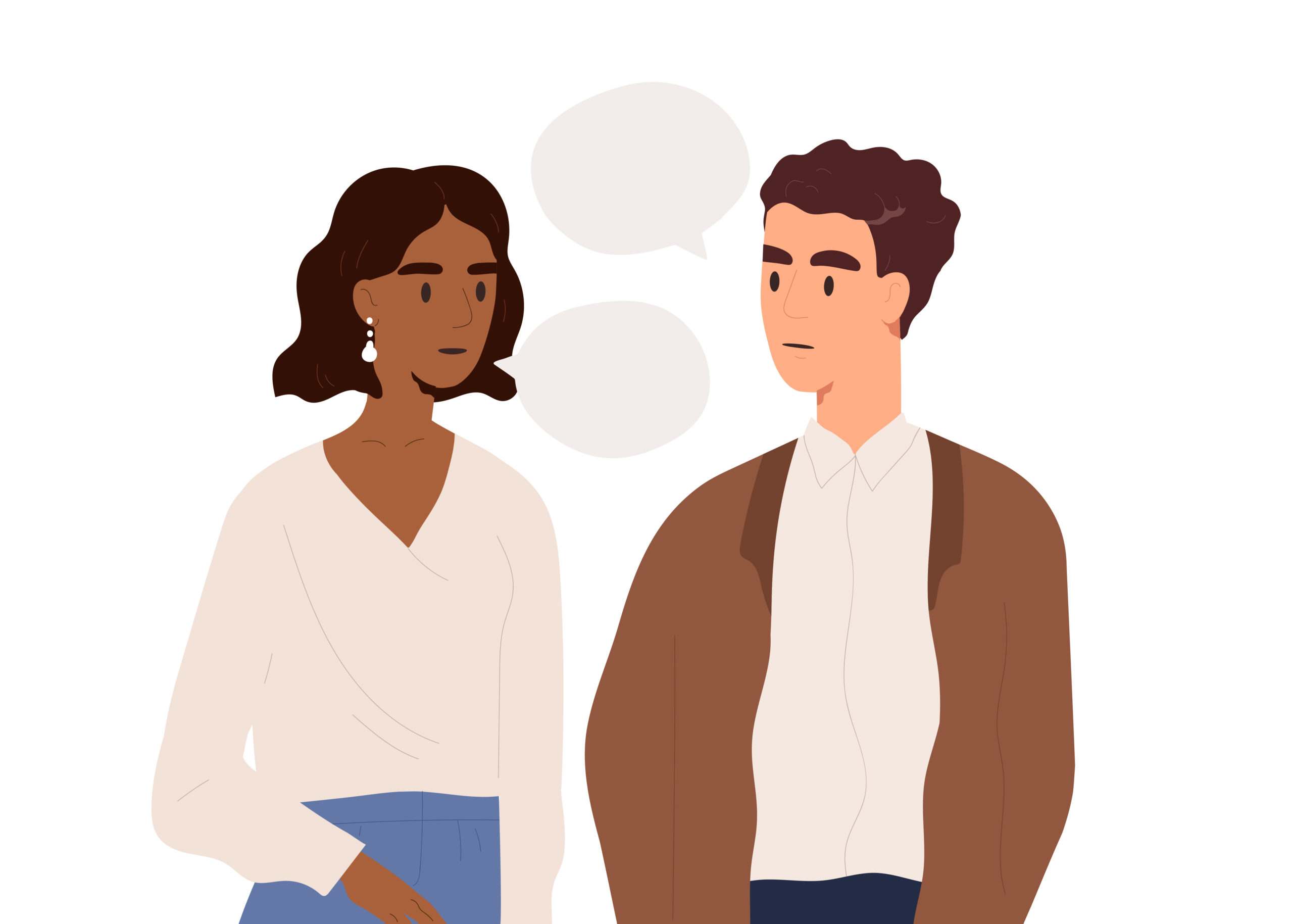
Hearing the News of a Death
Learning of someone’s death can be a shocking experience. You may have been unprepared for the death of someone you know, even if the person was very old or extremely sick.
Death is a part of life but it is also something that most people don’t like to think or talk about. Immediately after someone’s death you may have one of these experiences:
- You may need time to process the news.
- You may have a lot of emotions or have no emotions at all.
- You may not be sure how you feel.
The reactions you have in response to the death are expressions of your grief.
Grief After a Death
- Grieving is personal and unique to each person. There is no right or wrong way to grieve unless you harm yourself or others.
- The people around you may have strong grief reactions to the death. It may be difficult for you to see and hear people crying. It is okay if your reactions are different from those of others.
- Grief may cause emotions that are difficult to identify and explain—or you may not experience any emotion.
- Some of the emotions you may feel include sadness, anger, anxiety, fear, frustration, loneliness, or relief.
- You may have emotional outbursts or experience physical symptoms such as headaches, or other aches and pains, due to grief.
- There is no timetable for grieving. You might experience grief one day and none the next day. You could grieve for a few days or much longer.
- You may wonder about what happened to the person’s body. What Happens to the Body After Death provides information.

Ritual Events After a Death
Rituals are meaningful ways for people to honor and remember the person who died.
- Common rituals include ceremonies such as funeral services, memorial services, burial services, or faith-specific traditions, such as observing the period of shiva.
- Rituals may take place at a place of worship, a funeral home, a cemetery, a public hall, or someone’s home.
- There may be one or more rituals that take place following a death.
- You may choose whether you wish to participate in all rituals, some of the rituals, or none of them.
- Communicate with your family or support person about the choices you have made and how you wish to participate.
- You may want to plan your own ritual to honor and remember the person who died.
- If you decide to attend ritual events, it may be helpful to make a written schedule of the events that will take place.
Visit Faith Rituals for guides that describe common rituals observed by several major religions, as well as typical secular rituals.
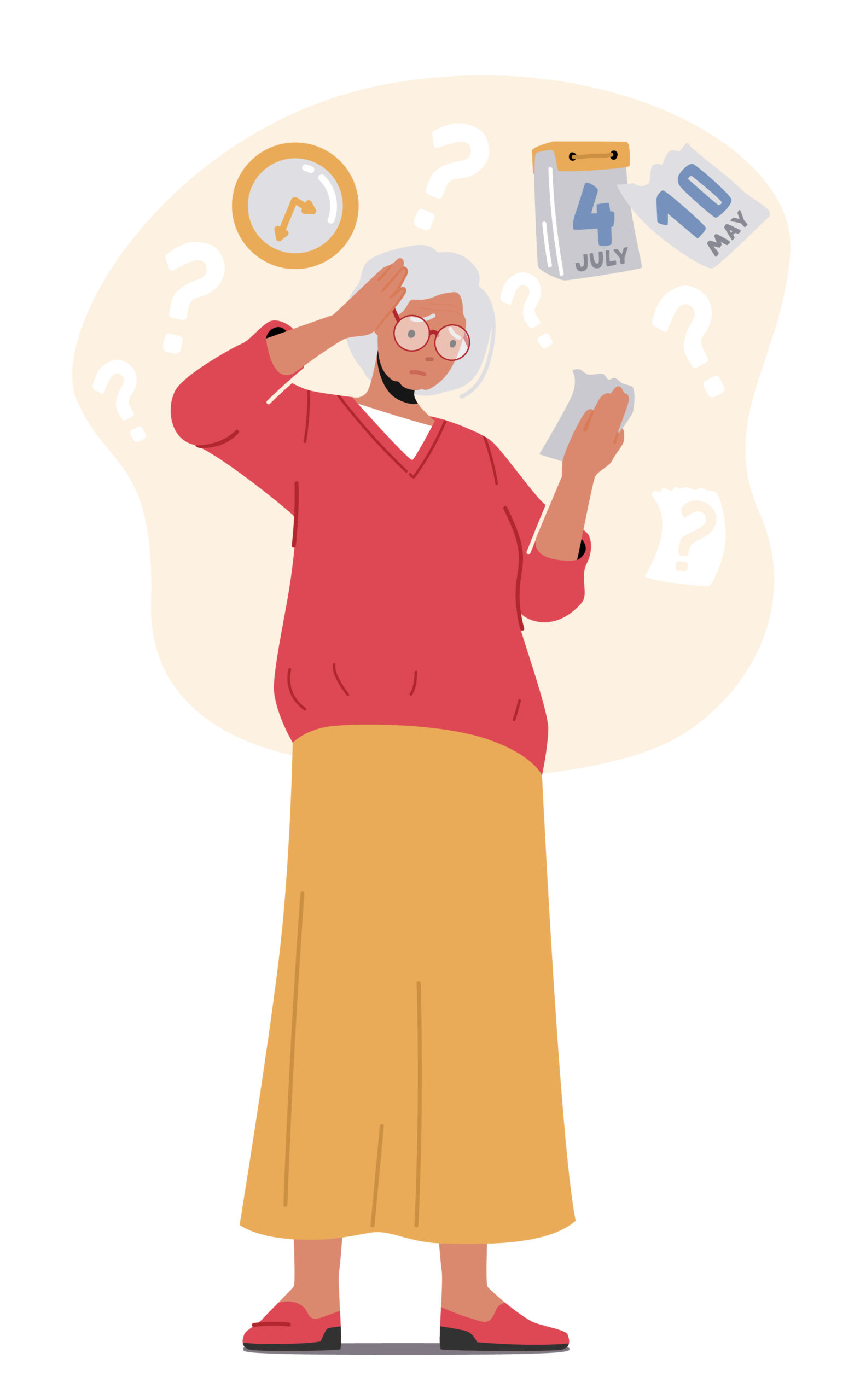
Changes After a Death
- Grief experts state that one of the tasks of grief is to accept the reality of the death.
- Changes to your daily routine may occur immediately and other changes may take place over time. If there is an opportunity to prepare before a death, it may be helpful to create a schedule of changes that will happen after the death. It may also be helpful after the death has occurred to list changes to routine.
- Change can be confusing and cause stress or anxiety. Remember, and do not hesitate, to ask for what you need. People often don’t know what you are thinking or experiencing unless you tell them.
- Try to remember to drink enough water, eat healthy food, and get enough sleep.
- Family, friends, and neighbors may bring food or flowers, or they may visit or send cards to the family of the person who died. When people do this, they are trying to help and are showing their sympathy. It’s important to graciously accept these gifts, even if they aren’t something you would choose yourself.
- People may want to hug you to demonstrate support. Remember they may not know what is comfortable for you, so it may be important to communicate your preferences.
More About Grief:
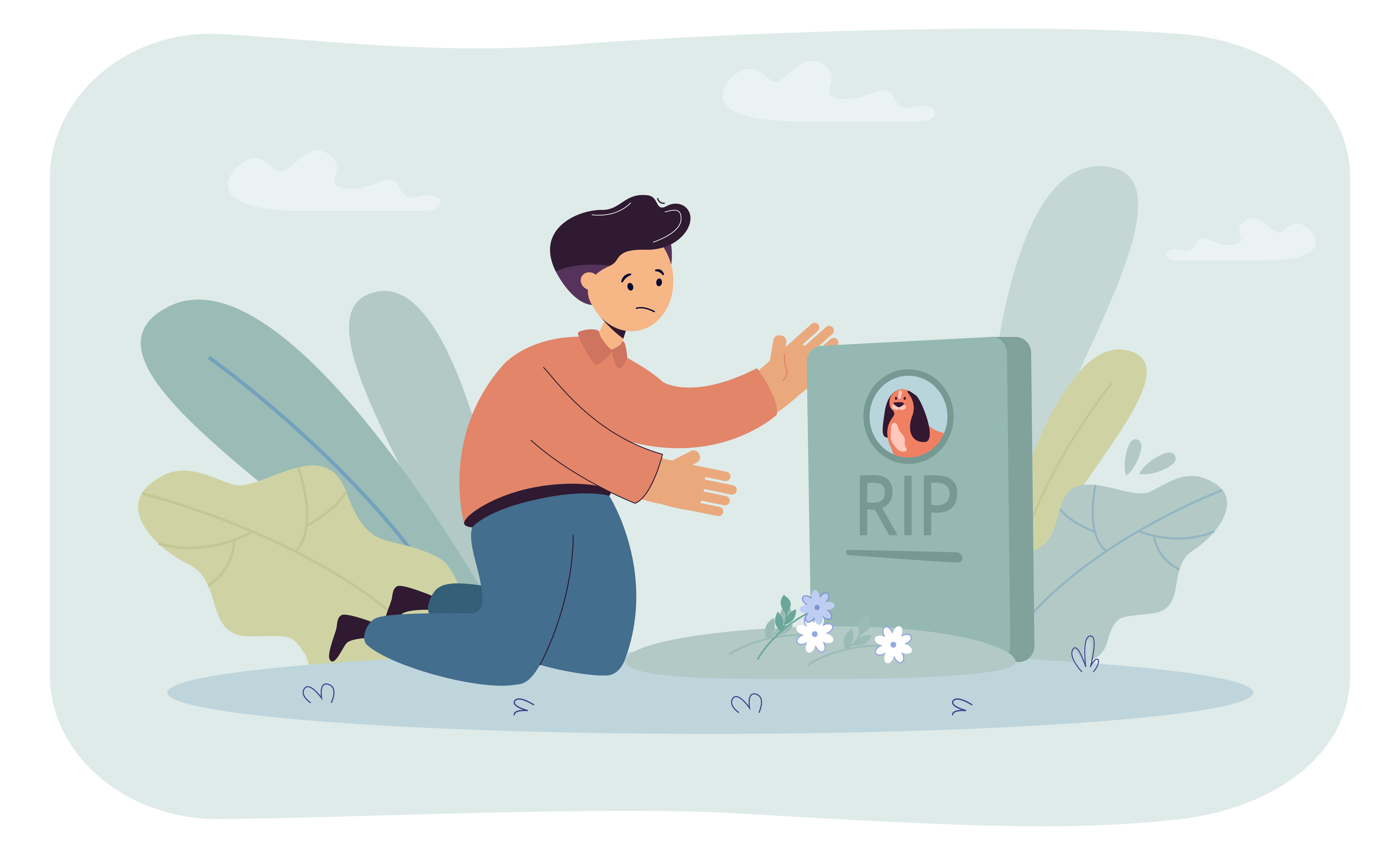
Animal Companion Death
- The death of an animal companion will often cause their human companion to experience grief.
- You may experience grief whether your animal companion dies from natural causes, is euthanized because they are very sick or injured, or has become lost.
- You may want to plan a ceremony to honor your animal companion.
- There are many ways that you can remember your animal companion. Click on the button below to learn more.
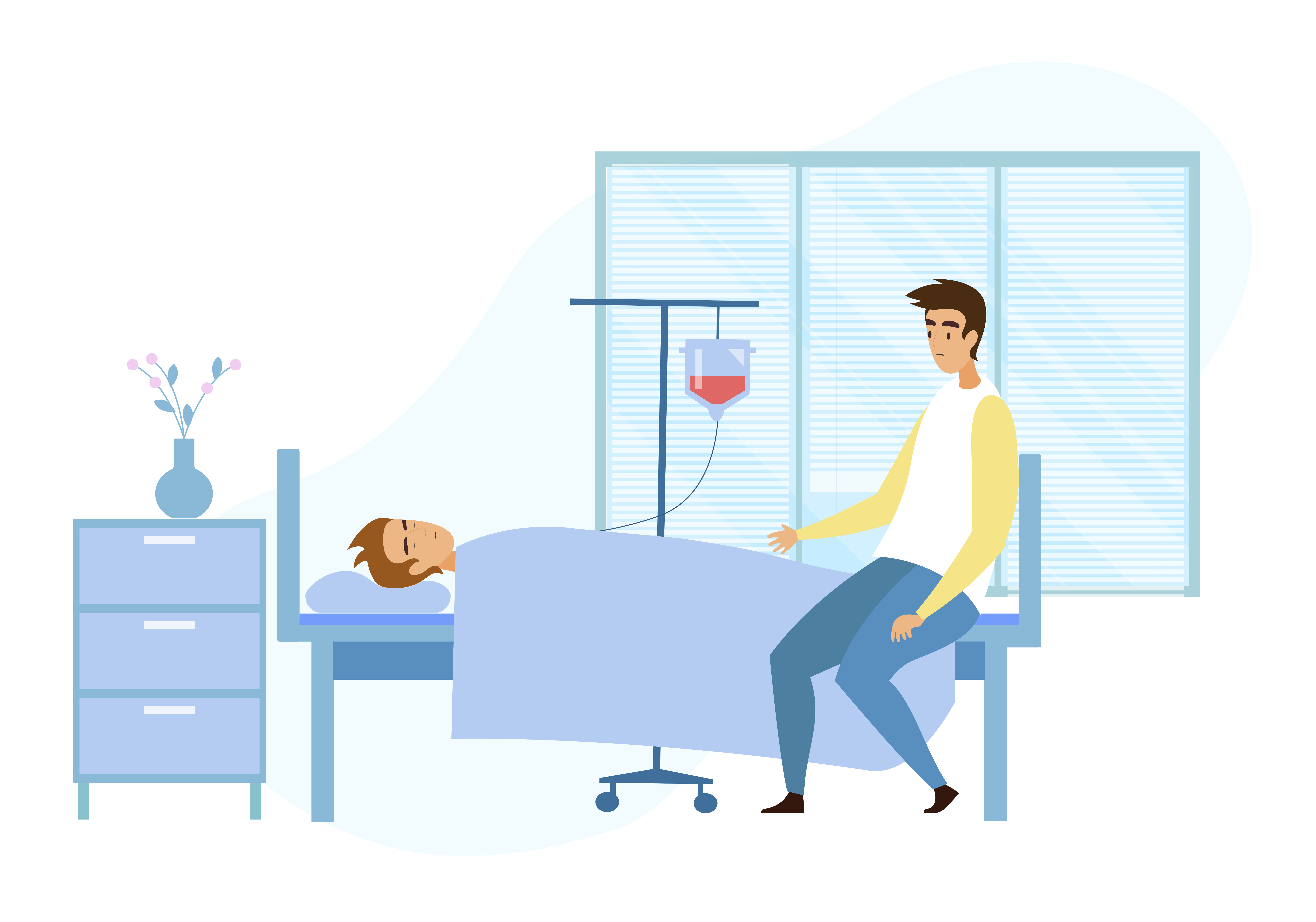
Understanding a Serious Illness
- Seeing someone who is suffering from a serious illness may cause you to experience grief.
- You may decide to visit someone who is seriously ill at a hospital, their home, or another place where they are receiving care.
- Planning ahead may help you feel more comfortable about visiting someone who is extremely sick. Click on the button below to learn more.
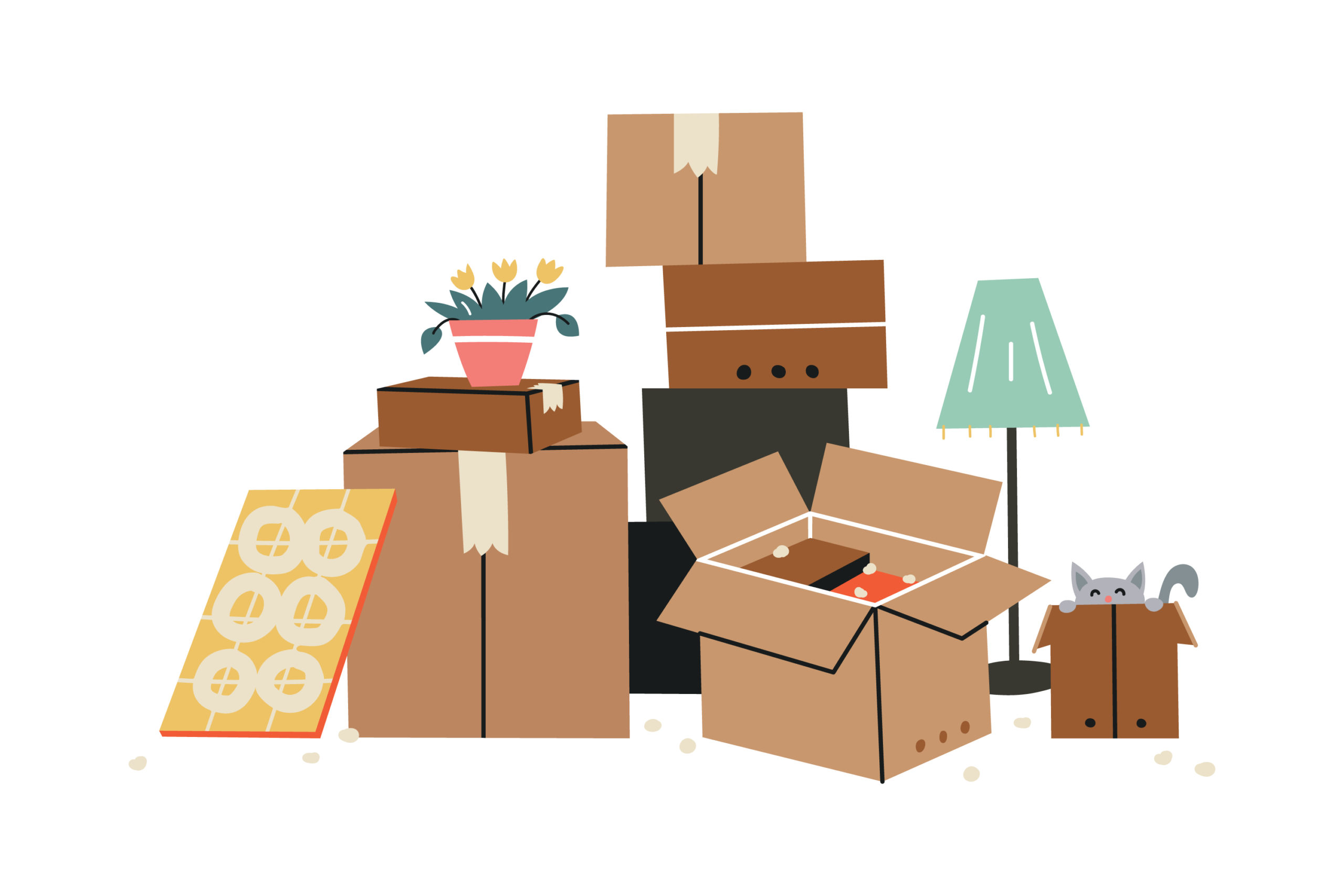
Non-Death Losses
- Major life changes such as a divorce, a job loss, or a move to a different living situation are examples of non-death losses.
- Non-death losses may cause you to experience grief, just as you may after the death of a person.
- Other non-death losses you may experience are the loss of a relationship, loss of an object or hobby, or loss of your routine due to your own illness or the illness of a support person.
- A death loss may remind you of a non-death loss that happened at another time in your life.


